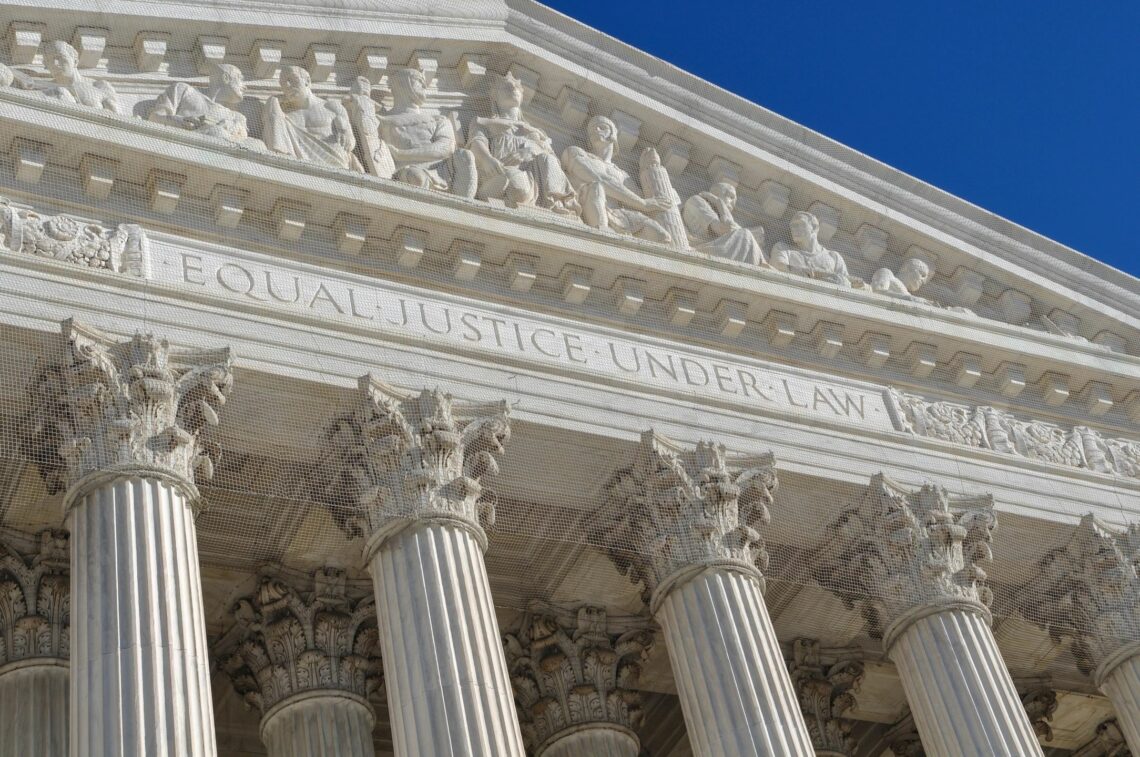Victor Reppert’s reconstruction of the Roe v. Wade argument is illuminating:
- There is a constitutionally guaranteed right of privacy, of which we can be certain.
- In the case of abortion, the right of privacy must prevail unless there is a countervailing right of which we can be certain, such as the fetus’s right to life. This protects a woman’s right to consult with her doctor and decide whether or not to get an abortion. Just as it is a violation of privacy rights to make birth control illegal, it violates privacy right to prohibit abortion, unless a countervailing right can be established.
- But the fetus’s right to life cannot be established. Reasonable persons can disagree as to whether fetuses have a right to life or not. One may, based on one’s religion perhaps, believe that they have this right, but this right cannot be demonstrated in the same way that the right of privacy can be demonstrated.
- Therefore there is a Constitutional right to abortion.
Reppert comments that most legal attempts to overturn the decision rest on (1), whether the right to privacy is absolute. One might wonder why more attention isn’t given to (3). After all, the issue of the moral status of a fetus is what pro-lifers talk about in the public square. Reppert says that this is due to our inability to come up with some non-religious grounds for the fetus having a right to life.
The truth is that coming up with an adequate non-religious grounds for the right to life is pretty tricky not just for fetuses but for any human life. This is why the declaration begins with an explicitly religious claim: “We hold these truths to be self-evident, that all men are created equal, that they are endowed by their Creator with certain unalienable Rights, that among these are Life, Liberty and the pursuit of Happiness.” Accordingly, rights are both evident to us and grounded in their theistic origin.
Locke’s view, upon which much of the constitutional concept of rights is based, is decidedly religious. He argues that our obligations to preserve life are grounded in the fact that we are created by and belong to God (Second Treatise, s. 6). He goes on to suggest that rights are known in the pure light of reason, but they cannot be grounded in clarity. One could be mistaken about some proposition even if one can’t imagine it being false. Just because something appears clear, it doesn’t mean it is true. No, what one needs is some reason to think it is true, and that reason, according to Locke, is that God endues those rights to his human creatures.
Natural rights are God-given and (ought to be) government protected. There is a natural right to life if and only if that life has been created and is governed by God. Our rejection of the right to life of the one who cannot demand to live is also a rejection of the same right of the one who can. Rights don’t just spring from nowhere nor do they only apply to those with the ability to claim them.
The justification of natural rights is only possible in worldview that is fundamentally theistic. Just try to come up with a naturalistic explanation for the right to life. It can’t be done any more than we could come up with a naturalistic ground for the equal dignity/worth of human persons. What exactly is so equal about us? Not much that we can tell. It is solely due to the fundamental idea that we are creatures created in the image of God that we are granted equal value. It is the same with rights. In virtue of what do we have the right to life? Because we say so? Because we want it to be so? Because we agree it ought to be so? Because not having them would lead to harm? None of these options have enough bite to warrant the commitment entitled by them. And none of them are closed to pretty obvious counter examples. Take the harm principle, a principle not violated if a person desires to be killed by murder.
Rights, just like the moral law they imply, are only possible if God exists and has bestowed them on his creatures. Any other justification falls short.




